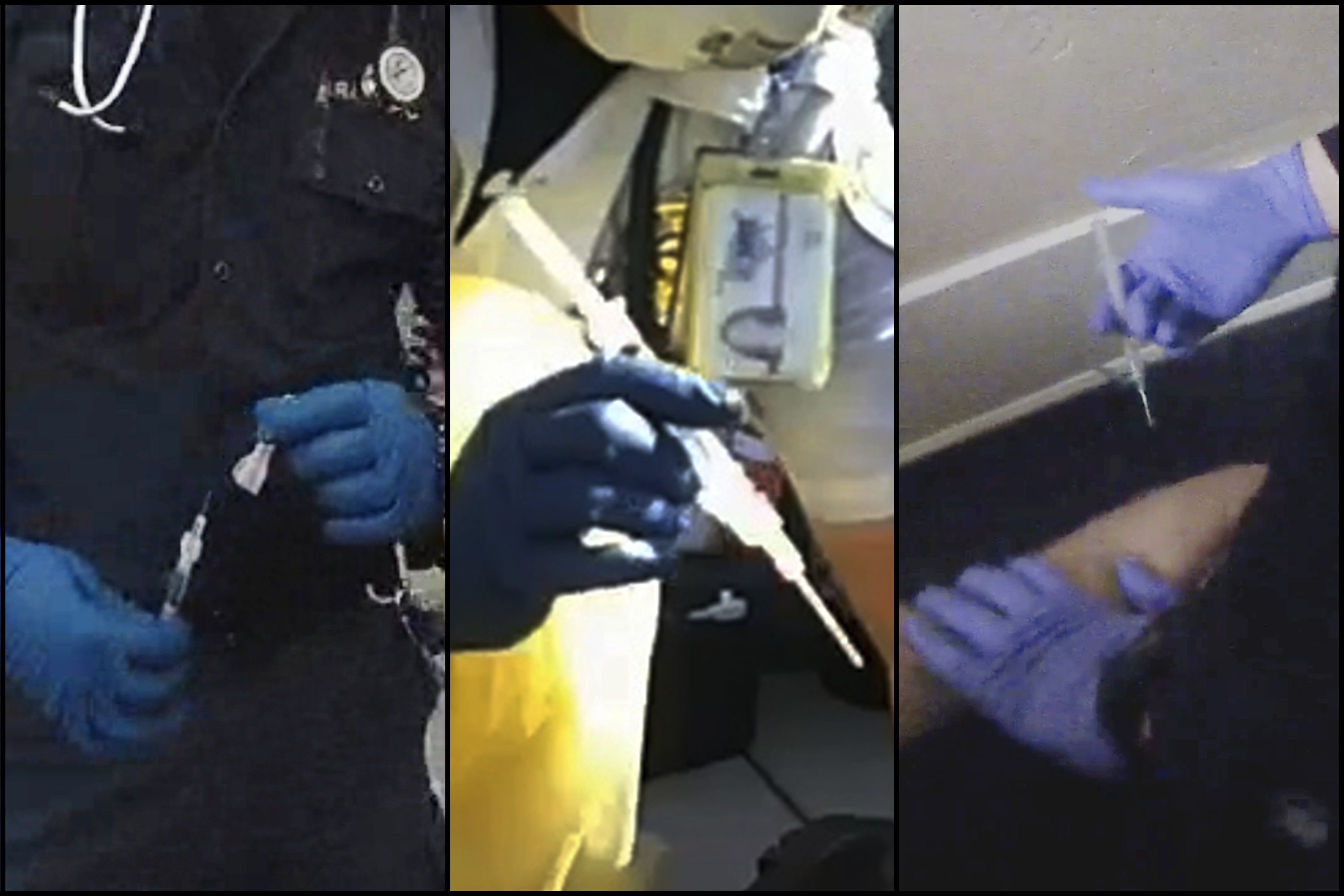I've got a load of questions in my mailbox from readers, and the best way I've found to get answers out is through this column. From my experience, I know that for every person who asks a question, there are more than a few others wondering the same thing.
Q: How do you budget if you are self-employed? We may have an influx of cash one month and then very little the next. I don't know how much to keep in our checking account, just in case we don't make any money the next month. I don't want to stash too much in a low-interest checking account, but I may need access to it quickly. — Amy in Louisiana
A: You're right Amy, it's difficult to budget if you don't know how much is coming in each month, but it's not impossible. First of all, just because you need accessible cash doesn't mean it has to sit in a low- or no-interest checking account. You can find savings accounts with low deposit limits and interest rates in the 3 percent range, and you'll have easy access to your money if you need it in a pinch.
Aside from that, in terms of balancing the months that net bigger paychecks with those that don't, it's all a matter of planning. Average out what is coming in over a six-month period so you know what you earn on a monthly basis, then build a budget based on that. You can filter the amount of money you need to meet your expenses each month from savings to checking — in other words, you'll be giving yourself a paycheck. The rest remains stored away for the future.
This way, when you have a dry month, you'll still see the same amount in income, and you'll have some extra cash to fill in the gaps if necessary. It will be an emergency fund of sorts and over time you'll be able to build it into a nice cushion of about six months' worth of expenses. Once you have that, you can start saving in other ways, including for your retirement, if you're not already doing so.
Q: As a freelance editor, taxes are not taken out of my paychecks. Because of this, I put about 25 percent of my income into a savings account to use come tax time. However, my wife and I do have a small amount of credit card debt. So I'm wondering if we should take this money out of savings to pay off our credit card bills or leave it where it is. — Stephen in Oregon
A: If you're self-employed, you likely pay taxes on a quarterly basis, says Cindy Hockenberry, research coordinator with the National Association of Tax Professionals. If that's the case, you really don't have a lot of time to recoup your savings if you use it to pay off credit cards, and you do not want to end up short when the money's due.
When it comes to paying your debts, there is a pretty clear hierarchy. You want to ask yourself one question: What could a creditor take from me? That's why we pay the mortgage first, because your house can be foreclosed. For others, that's why they pay the auto loan that gets them back and forth to work, because their car can be repossessed. We pay the IRS because — believe it or not — Uncle Sam will take your wages if you don't. In addition, student loans come in closer to the top because of wage takeover. Credit card debt comes in after these, but if you have any money left over after you've paid your taxes, then by all means, put that toward paying down your debt.
Q: I have several credit cards in my name and generally only use the ones with the lowest interest rate. I recently received a letter in the mail from one of the credit cards that I do not use, saying that they were sorry the card did not meet my needs and they were canceling it and closing my account. How will this affect my credit score? — Jennifer from Indiana
A: Jennifer, you've been a victim of the credit crunch, and I have a feeling we're going to be hearing more stories like this in the coming months. It sounds like your creditor closed the card due to inactivity. It's effect on your score largely depends on how long you had the card and what the credit limit was. There are several things that factor into your credit score, but two of them include the length of your relationship with the creditors and your utilization ratio — the amount of credit you're using compared to the amount you have available. If this was a card with a high limit, it will make a bigger dent in your score than a low-limit card.
A good rule to follow these days when it comes to credit cards is to use them once a month or so to keep them active, says John Ulzheimer of Credit.com. Just buying a sandwich or coffee every once in a while and then paying it off right away will reset the clock of activity. The exception, of course, is if a card carries an annual fee that you can't afford — in that case, it's alright to cancel it.
U.S. & World
Jean Chatzky is an editor-at-large at Money Magazine and serves as AOL’s official Money Coach. She is the personal finance editor for NBC’s TODAY Show and is also a columnist for Life Magazine. She is the author of four books, including 2004’s “Pay it Down! From Debt to Wealth on $10 a Day” (Portfolio). To find out more, visit her Web site, www.jeanchatzky.com.



